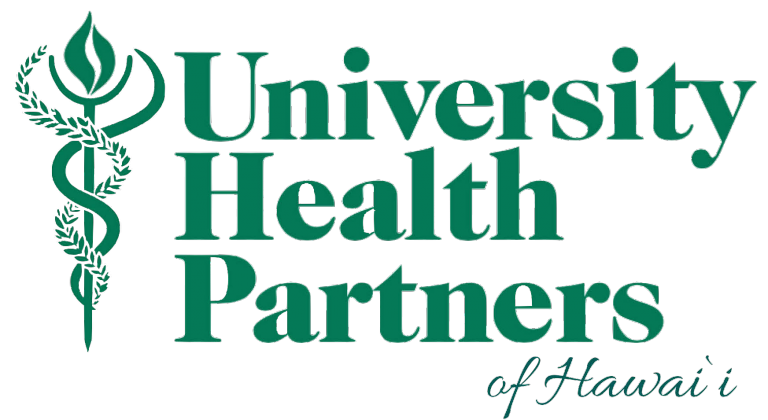Written by Vina Cristobal
Photos courtesy of Department of Psychiatry
Featured photo: Dr. Caitlin Engelhard (second from right in first row) with those who completed the World Health Organization’s Mental Health Gap Action Programme (mhGAP) in 2019. Courtesy photo
Home to more than 6,000 residents, Kosrae is an island state in the Federated States of Micronesia. Most of Kosrae’s population live below the poverty line, and have limited access to healthcare and health insurance. The island’s main primary care services are operated through Kosrae Community Health Center (KCHC), which has three locations throughout the island. Within KCHC, the primary care providers are charged with delivering primary care and specialty services that would typically be delivered by many types of specialists in a U.S. setting.
Courtesy photo.
As part of JABSOM’s mission to serve the underserved populations throughout Hawaii and the Pacific Islands, the JABSOM/UHP Department of Psychiatry recognized the need for behavioral health services in Kosrae. In 2018, under the leadership of Dr. Sara Haack and later adding Dr. Caitlin Engelhard, the department launched its collaboration with KCHC. The Program uses an adaptation of the Collaborative Care Model (CoCM) to integrate behavioral health services into their clinics, using five essential principles: patient-centered team care, population-based care, measurement-based treatment to target, evidence-based care, and accountable care. A combination of email, video conferencing, and in-person site visit(s) to Kosrae have been used in this project.
“What’s exciting about the partnership is developing those international collaborations,” Engelhard said. “It can be difficult at first, but it’s interesting to see what we’ve done.”
The JABSOM/UHP Psychiatry team has included many individuals throughout the three years, including psychiatric consultants (Haack, Engelhard, Asad Ghiasuddin), Assistant Program Manager (Dave Rehuher), IT Specialist (Tim Unten) and Administrator/Program Manager (Tiffinie Kiyota). As part of the CoCM implementation, the JABSOM/UHP Psychiatry team has conducted multiple training with the Kosraean primary care team, including training in the World Health Organization’s Mental Health Gap Action Programme (mhGAP). mhGAP is a mental health curriculum design to aid primary care providers in delivering evidence-based mental health care. Ongoing trainings and weekly telehealth discussions still occur, as these meetings offer an opportunity for the mental health consultants and primary care team to discuss how the delivery of mental health services is going, with iterative troubleshooting as needed.
The model is a team- and population-based approach to provide evidence-based patient care. Patients would first be evaluated by the KCHC Behavioral Health Care Manager and Primary Care physician, then the KCHC team would consult with a JABSOM/UHP psychiatrist via Zoom to provide recommendations. The two groups would continue to work together, along with the patient, to provide next steps. Tools like a registry are also used to ensure that patients are receiving screenings and treatment (if applicable) for common mental health conditions. The JABSOM/UHP psychiatrist did not see patients via video or face-to-face, as it was agreed upon that local providers would be able to give the most culturally-competent and acceptable care to patients in Kosraean language.
As with any new clinical care model, there were difficulties in developing the program.. There were cultural differences to explore, as it was important that the mental health consultants provided culturally-applicable advice. The primary care team also had to balance the importance of this program with many other initiatives that they were attending to, as KCHC truly delivers a broad array of primary and specialty care.
Through both in-person visits and video teleconference meetings, the JABSOM/UHP team and staff gradually built relationships with both patients and providers. As they developed these relationships, both Engelhard and Haack noticed growth in the providers’ abilities to provide behavioral health care to their patients.
“They’ve been more comfortable in assessment and diagnosis,” Haack noted. “The more comfortable they are, the more we can add [to the model].”
Medical students and residents have also had the opportunity to participate in consultation meetings and conduct research based on this collaborative care model. The opportunity to work in a global health setting, Haack said, has garnered positive feedback.
The collaboration is expected to run until 2022, with plans to continue broadening the focus of the behavioral health concerns that are being screened for and treated. Engelhard said this project has been “a very rewarding part of my job.”
“It’s one of my favorite programs to work on,” Haack agreed. “I’m glad we can contribute in this way.”

